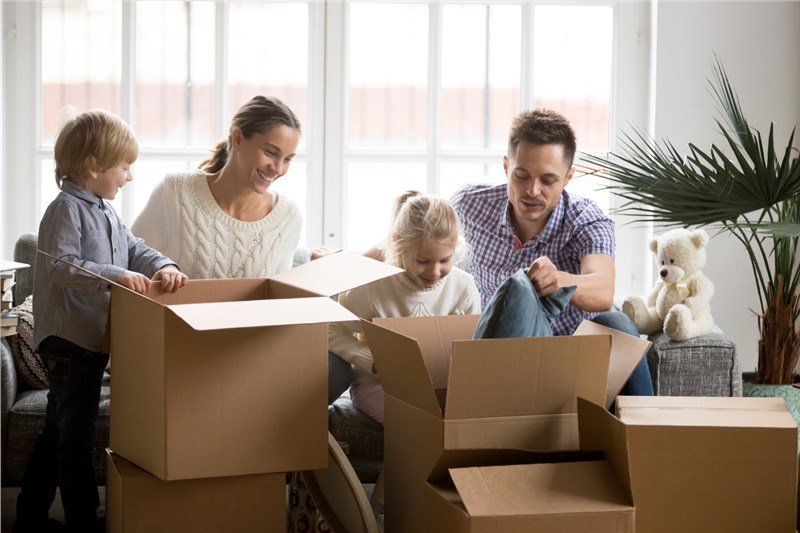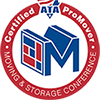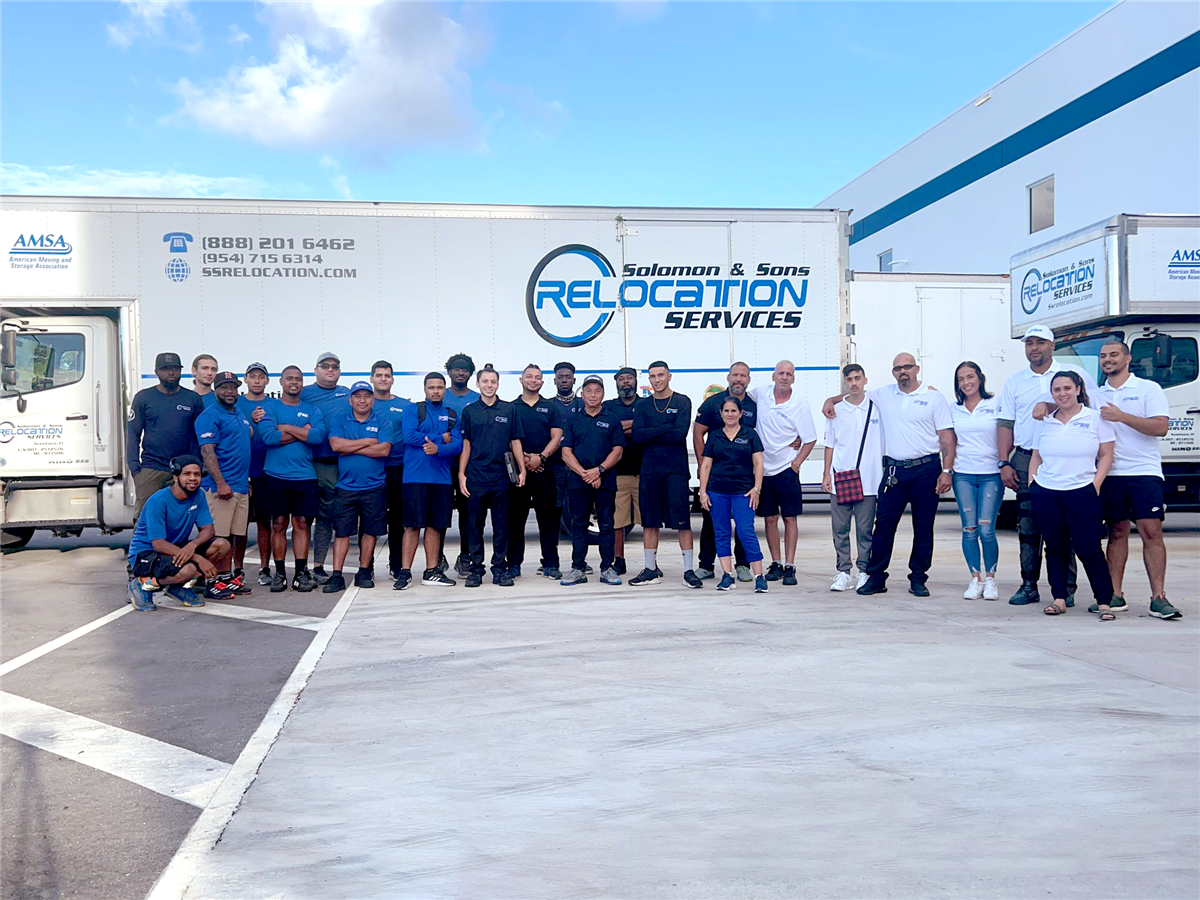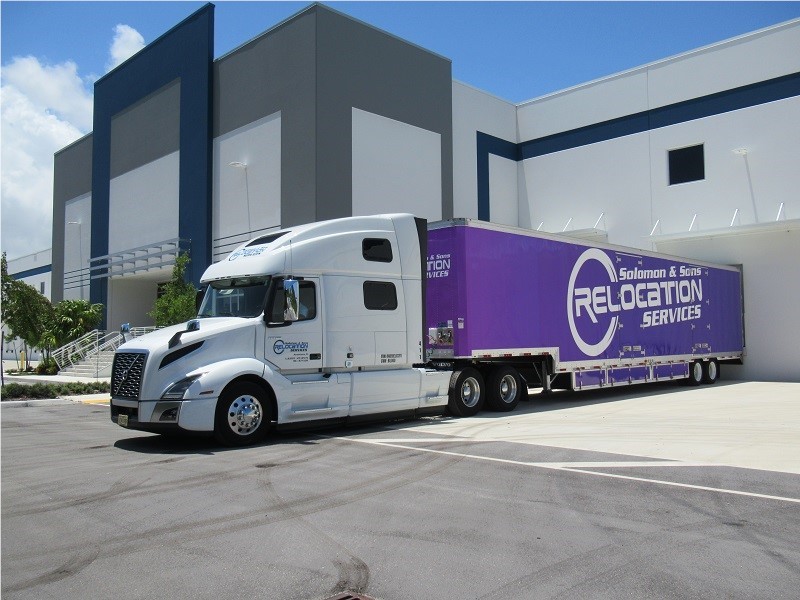
Congratulations on moving to a new home! A new home comes with excitement and joy of a new beginning. However, the new home journey can be strenuous, daunting, and overwhelming from packing to soliciting for professional movers like Solomon and Sons, unpacking, and organizing your new home. Remarkably, the post-move period can feel like a total burst. It's common for many people to worry about how they will survive the first week after moving to a new home. Things get better when you have a post move checklist to simplify the process and guide you on what to prioritize. Whether you are moving to an apartment, a condo, or even your newly built home, this post move checklist for surviving your first week will extremely be helpful.
1. Take a few days off
The post-move period is overridden with activities from unpacking a sea of boxes to waiting for deliveries, contractors, and installations. Take a few days off work to have ample time to get settled in your new home and coordinate post move activities.
2. Clean or hire a cleaning service
It is a good idea to give your new house a thorough clean before you unpack your belongings. You can do the cleaning yourself or hire a cleaning service to do it for you. Clean all the rooms of your new home to give you a fresh and clean start. Do not forget to bleach the bathroom, wipe the cabinets, drawers, and shelves.
3. Inspect Delivered Inventory
Check if all the inventory delivered is in good shape and you received all the boxes. If you get any missing boxes or damaged goods, report to the moving company. If you are dealing with a reliable and trustworthy moving company like Solomon and Sons, the issue will be resolved amicably in your favor.
4. Unpacking
Unpacking can be a tiring and overwhelming task. You have to unpack clothes, utensils, books, beddings, and personal effects just to mention a few. Why not recruit friends and family to help you unpack and make work easier? Determine the order of unpacking to make the process smoother. Start by unpacking essential items and preparing the two most important rooms; the bedroom and bathroom. At the end of your day, you will be exhausted and need a good night sleep and a warm bath. Prepare your bedroom as well as your bathroom to get a warm shower before you sleep.
5. Find out where the shut-off valves are located
It is fundamental to locate the shut-off valves for turning off water, gas, or electricity when need be. There are several cut-off points for water, gas, and electricity; ensure you know them well. Familiarize yourself with all local shut-off valves. For example, if your sink is leaking, you should be able to locate the shut-off under the sink. Also, determine the main shut-off valves for gas and water coming into your house. By locating all these valves, you can take care of a busted pipe in the kitchen immediately rather than get into panic mode when a pipe spurts. Do not forget to locate the circuit breaker; it may be in the basement, hallway or storage closet.
6. Secure your home
You can't survive the first week in your new home without securing it from authorized access and other forms of harm. Start by changing the locks on outside doors to ascertain that only your family has access to your house. Changing the locks of your home will give you peace of mind and ensure security. A new door hardware set will only cost around $50. While at the hardware store, get a copy of the key made to give to a trusted friend for emergencies. Ensure all windows and doors are lockable and burglar-proof them if need be. As you take care of the locks, you can also set up a home security system. Shop around for the best home security system and install the one that meets your needs. If you have a toddler or baby, your new house needs to be childproofed— take the necessary steps to ensure the baby is safe.
7. Plan for emergencies
The best time to plan for emergencies is when you just moved to a new home. Do not wait until when your toilet is broken and sewage is flowing onto the bathroom floor. Locate plumbers, electricians, landscapers, and handymen in advance. You can ask your neighbors for recommendations on the best ones in your area. Plan for emergencies by purchasing a first aid box, checking if smoke detectors are working, finding emergency exits, making a family fire plan, and looking up for the contacts of local emergency services.
8. Get a safe
You need a safe or filing cabinet for your documents ranging from passports to social security cards, home purchase documents, medical records, insurance policies, and birth certificates. Determine a safe spot to keep the safe or filing cabinet. It can be the basement, closet or anywhere your imagination identifies.
9. Change your postal address
In the first week of your stay at your new house, ensure you change your postal address. Whether you relocated across the town, to a new city, or a new state, your postal address will be different. If you don't change your address immediately, you will continue to receive mail in your previous address.
10. Develop a seasonal home maintenance checklist
Devise a seasonal home maintenance list to keep your home in good shape. In spring or early summer, plan to clean your gutters, test smoke detectors, plant new grass, clean ceiling fans, and stain the deck. In fall or early winter, make arrangements to clean the chimney, clean out the furnace, batten down the hatches, and turn up the snowblower.
The post move period is the final stretch of your new home journey. You can make this period enjoyable by setting a daily goal of what you would like to achieve. Be realistic and adhere to your schedule and in no time, you will be settled in your new home. Once you are done unpacking and arranging, treat yourself with a housewarming party. Celebrate your hard work and start making memories in your new home. Do you need professional movers in South Florida to make your moving day less tiring and even fun? Contact the experts at Solomon and Sons for safe and affordable moving services.
Tags
Subscribe to Solomon & Sons Relocation Services's Blog













Comments